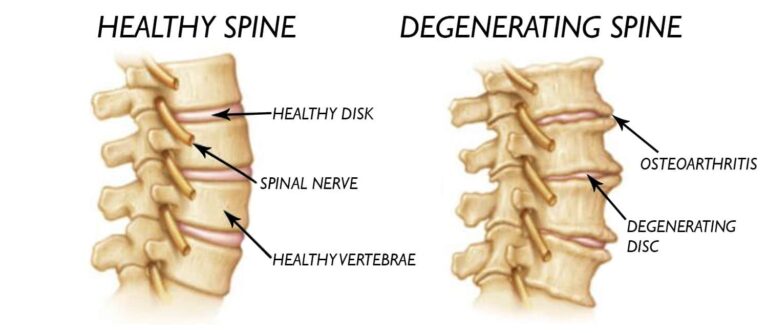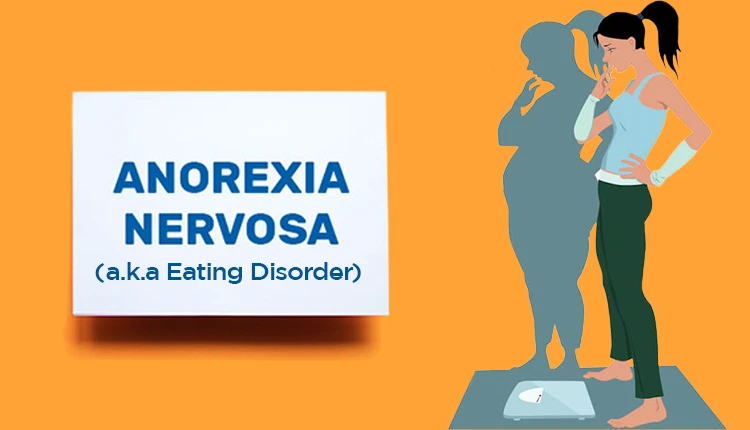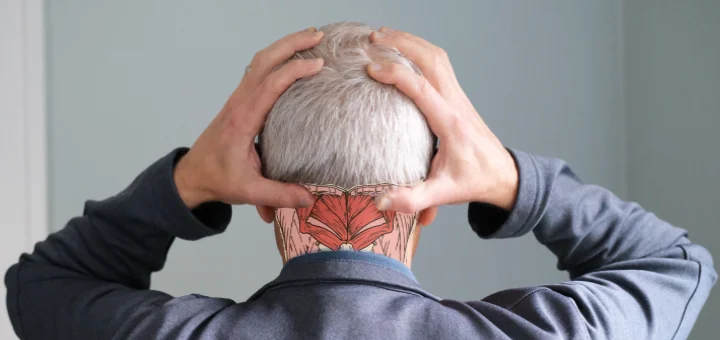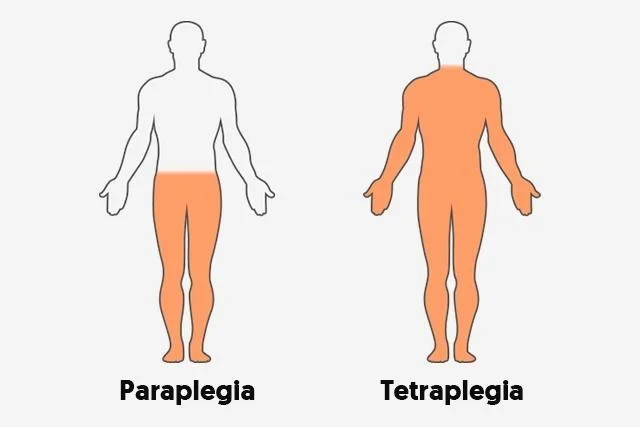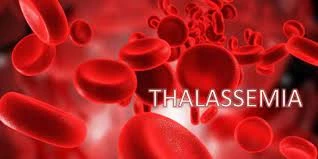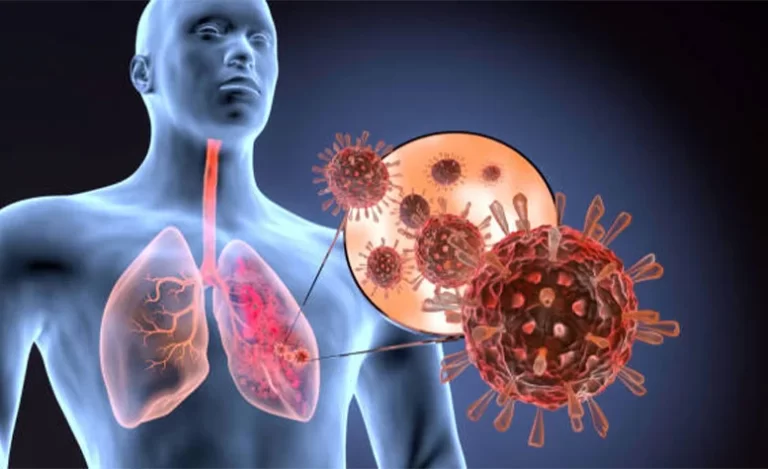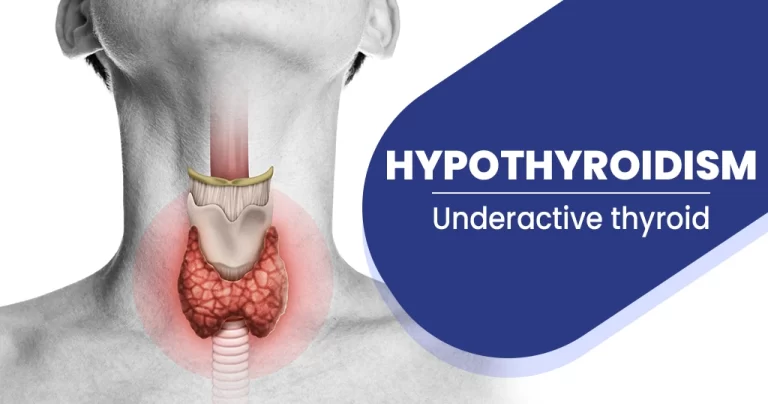Cervical Degenerative Disc Disease (CDDD)
What is a Cervical degenerative disc disease? Cervical degenerative disc disease is a condition that affects the cervical spine (neck area), where the intervertebral discs in the spine begin to break down and lose their cushioning ability due to age or wear and tear. The discs act as shock absorbers between the vertebrae, which are…

